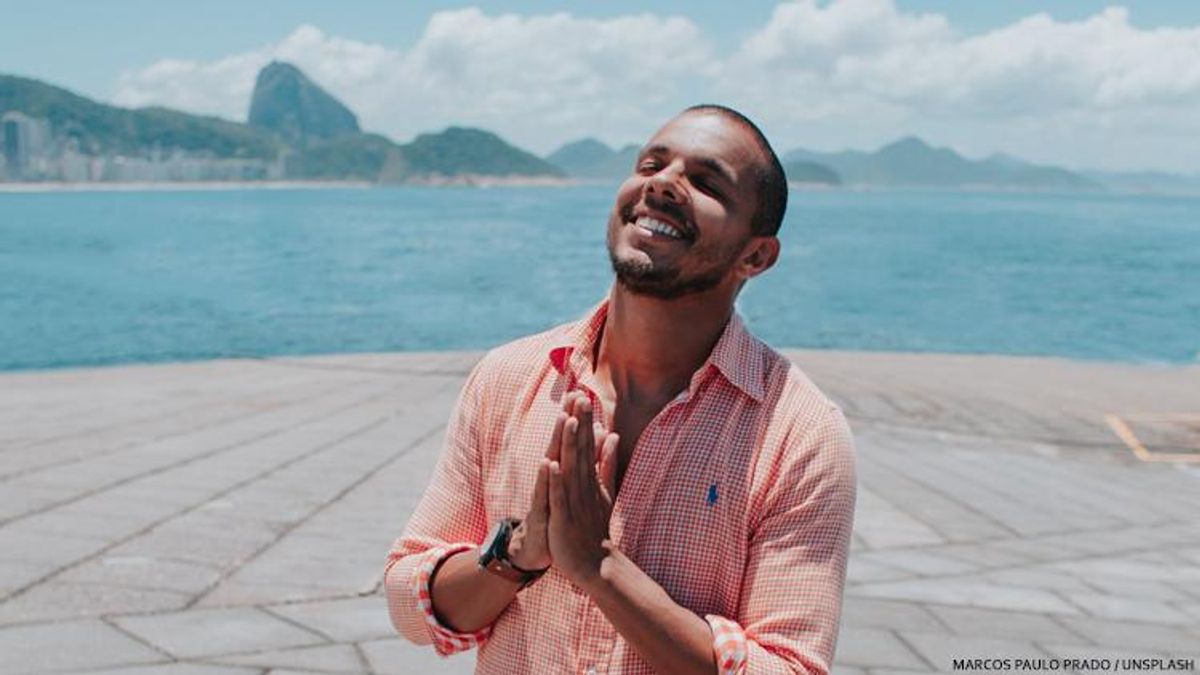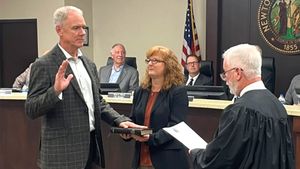As we arrive at the end of 2021, you may be taking time to review this past year. And your review may include a list of what hasn’t gone so well. I mean, let’s face it, 2021 was a rough year from all kinds of perspectives.
But what about what went well during 2021. What are you grateful for?
While being grateful is good for your soul, psychological research has also provided solid evidence that gratefulness is good for your mental health. For starters, being grateful in the morning can help you to get through the day ahead with a more optimistic attitude. Gratefulness can also help you to create more positive relationships, and deepens relationships at home and at work or school. It also contributes to helping you feel more grounded. And gratefulness can build your resilience muscles – strengthens your coping skills – and we can all use more resilience.
What about you? It may be easy to make a big list of all the things in life you are grateful for. If so, good for you! But if this is one of those years when it’s a stretch to come up with that grateful list, don’t judge yourself. It wasn’t an easy year.
Let me tell you something important about gratefulness. It’s a mindset. And you can choose to have a gratefulness mindset. And making the choice to be grateful can have a big impact on your life!
Some Ideas for Making Gratefulness Part of Your Daily Routine:
Stay focused on what’s possible. It’s all too easy to get caught up what’s hard in life. If you need some help, just take a look at the daily news. Sure, we all have some bad days, but here’s something to consider: A disappointment or a setback is a blip on the radar screen of your life. It’s not all of your life. In other words, a bad day doesn’t mean a bad life. And a bad day makes us all that much grateful on the good days.
Be grateful for the people in your life. And show it! Be more patient. More kind. More loving. Be willing to jump in and help by being a problem solver, more “we” and less “me.” Be more open and trusting of the people you come into contact with every day. This will, in turn, help them to be more open and trusting in return. It starts by saying: “I appreciate you. I’m grateful for having you in my life.”
When hit with a challenge, look for the opportunity to connect with your support team. Ask yourself: Is this a chance to learn to work together better? To share our collective expertise? To learn from each other? To strengthen our bond as family members, friends, co-workers? Think back to situations that felt hopeless at first but left you feeling stronger, supported, better prepared for the next challenge… And yes, grateful for the people who have your back.
Assess your progress. I’m not suggesting you should be grateful for a global pandemic, or any of the other challenges you have had to face in your life. However, having said that, I am grateful for the progress I have made during this difficult time. I suspect it’s the same with you. Better able to tolerate frustrations and limitations. More creative. More patient. Less demanding that everything go my way (learned during the first lockdown). Take a look at your personal growth over the years. Another reason to be grateful.
Review your foundation. Make a list of your strengths, your accomplishments, your resources like health care, your support system. Keep it handy, on a notecard in your wallet, taped to your refrigerator, in your smartphone. Review it frequently, even daily, whenever you need a boost. Your foundation is there, rock solid. This is a great way to find your center when life throws another curveball. And a whole list of reasons to be grateful!
Decide to be kinder. Take time to give other people compliments. Make it a point to say thanks for acts of courtesy and kindness in your daily life, no matter how small. Look for reasons to give compliments. And say thank you when someone compliments you. Own it, don’t brush it off. Make giving compliments a part of your daily interactions with people around you. Smile more, even if that means smiling first. Gratefulness is a boomerang, pass it around and sooner or later it comes back in your direction.
Compliment other people for their strengths. When someone does well, your partner, your child, for example, focus on their strengths and how you or others benefited. Identify strengths in others. Get specific, e.g. “You’re really good at…” This encourages others to be grateful for their own gifts. Again, the boomerang thing.
Start the day with gratitude. Take a moment every morning to identify something you are grateful for, big or small. The hot coffee, the sun shining through your living room window, your child’s beautiful smile. Nothing is too small to deserve your gratitude. And remember, this can have a major impact on your perspective for the rest of the day.
Consider making gratefulness a group thing. Make an agreement with your partner to express gratefulness to each other every day. Get everybody in the family involved in sharing something they are grateful for every morning. Start a group text with your friends. This can become a habit over time, a daily ritual that increases the happiness at your house, or among your friends, and helps everybody to feel more supported.
And end the day with gratitude. Spend a few minutes at the end of the day focused on being grateful. Identify reasons for gratefulness that occurred during your day. Think about the person who smiled and said hi. The compliment you received. The task you were able to get out of the way. Go to sleep feeling more calm, more optimistic. You will sleep a whole lot better than when you go to bed feeling frustrated.
Remember: gratitude builds resilience! Practicing gratefulness enhances your coping skills. It helps you to stay focused on your strengths, your foundation, during those times when the going gets rough. Gratefulness helps you to maintain a positive attitude in the face of adversity and challenge!
So let’s great grateful. Today, tomorrow, every day. Give it a try and watch your whole perspective on life change for the better!
Dr. Gary McClain, MS, PhD, is a psychotherapist, patient advocate, blogger, and author, specializing in helping clients deal with the emotional impact of chronic and life-threatening illnesses, as well as their families and professional caregivers. His website is JustGotDiagnosed.com and his email is gary@justgotdiagnosed.com. He welcomes your questions and comments.












































































